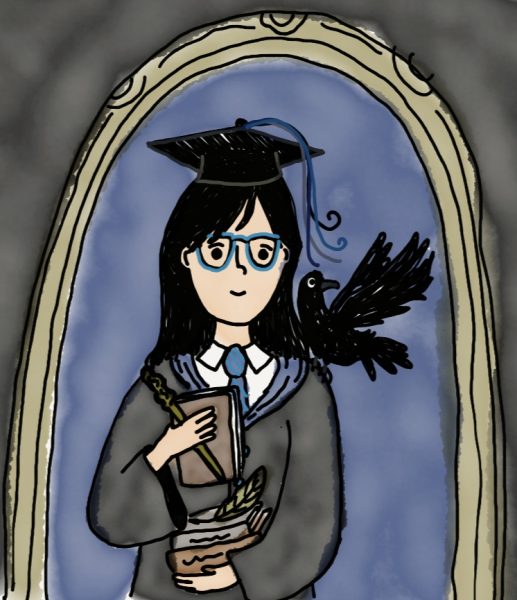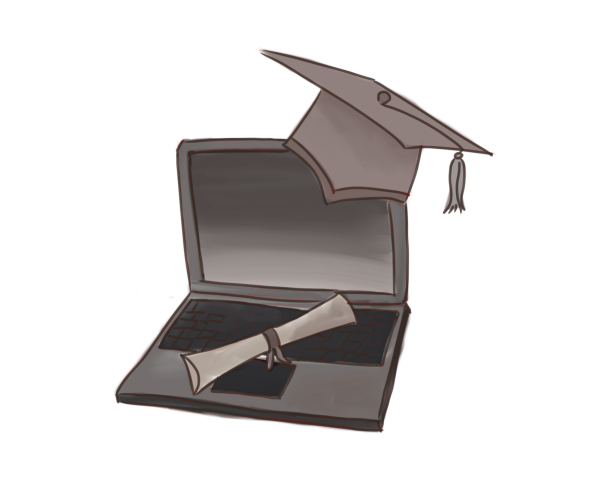Princeton Mom Undermines Womanhood
Susan Patton, known to many by her nickname “Princeton Mom,” may seem unassuming at first. A mother of two boys, she lived a quiet life before skyrocketing to infamy due to her open letter to the Daily Princetonian newspaper advising college women to find husbands while they are still in school. This led her to publish her own advice book full of information she believes every married woman should know, such as bread-baking tips, advice on getting plastic surgeries, and warnings against interracial or interfaith relationships. Bread is obviously more important than advice for fueling a healthy relationship or working through tough times. Princeton Mom is not giving good advice; she is promoting and spreading sexist beliefs that are severely damaging to young women everywhere.
Patton first came into the public eye because of her strong advocation of college women finding husbands in while still in school. Instead of paying attention to the high-level education the women are paying for, Patton recommends that the girls focus on flirting their way into wedlock before the ripe old age of 22. She appeals to freshmen women to start looking for an older man almost as soon as they arrive on campus. She explains her logic in her infamous letter when she says, “As freshman women, you have four classes of men to choose from. Every year, you lose the men in the senior class, and you become older than the class of incoming freshman men. So, by the time you are a senior, you basically have only the men in your own class to choose from, and frankly, they now have four classes of women to choose from.” In Patton’s world, it must be impossible for women to date men younger than them.
The Princeton Mom also pushes women to think about having children as soon as possible, saying that they would have lost almost half their eggs by the time they are 26. If everyone lived by Patton’s rules, teenage moms would be the aspiration of young girls everywhere, women’s chances at a good education would be slim to none, and we would essentially be living in the Dark Ages.
Patton continues to spread her toxic advice by expressing her views on rape, specifically cases involving alcohol. She considers college-rape experiences not a crime, but rather “learning experiences.” Rape is in no way a learning experience; it is a life-altering event that can lead women to PTSD, isolation, and even suicide. Patton also believes that if the victim is drunk, it is their fault for not being able to say no. According to the One In Four campaign, in 72-81% of rapes of college women, the female is intoxicated. Patton has decided to disregard all of these cases when she puts the blame onto the victims. She also claims it is the girls’ responsibility to avoid placing themselves in a position where they could potentially be abused or mistreated by men. If Patton’s logic was applied to other crimes, police would ask people reporting a robbery why they ever bought a TV in the first place, considering it could potentially be stolen.
Some may say that the Princeton Mom should be allowed to speak out due to freedom of speech. However, one should also keep in mind how severely problematic her advice is. Patton is recommending a lifestyle where women’s lives revolve solely around their marriage and home lives. Women have come so far from having little to no rights to now being able to thrive as doctors, lawyers, and much more. However, the Princeton Mom is reversing all of this progress and promoting that every woman become a housewife in addition to spreading rape culture. Not only is she influencing women to believe they should only focus on their marriages, but she is also affecting how men perceive women. The solution to the chaos Patton has created is not to try and restrict her freedom of speech, but instead move her out of the spotlight where her opinions are broadcasted to the public.
If the public stops paying attention to Patton, she will fade out and no longer be able to promote her damaging ideals. Once Patton is out of the picture completely, the public can reverse the damage she has done and continue moving forward to a better future for women.
Hello there! Our goal is to provide relavent, engaging journalism for readers of all ages. Your donation will support the student journalists of the Wolfpacket at Claremont High School, and will allow us to purchase equipment, print our monthly issues, and enter in journalism competitions. We appreciate your consideration!

Genny Sanders is a senior at Claremont High, and she has been a part of Wolfpacket since freshman year. She is an Assistant Editor-in-Chief, which she...




